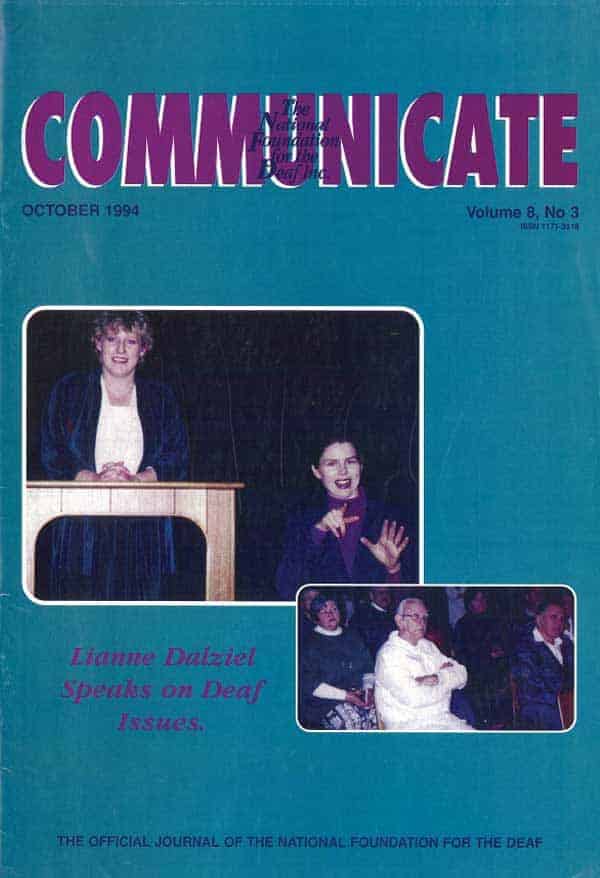
1994
publication – Taonga source: National Foundation for Deaf and Hard of Hearing
NFD Communicate: October 1994

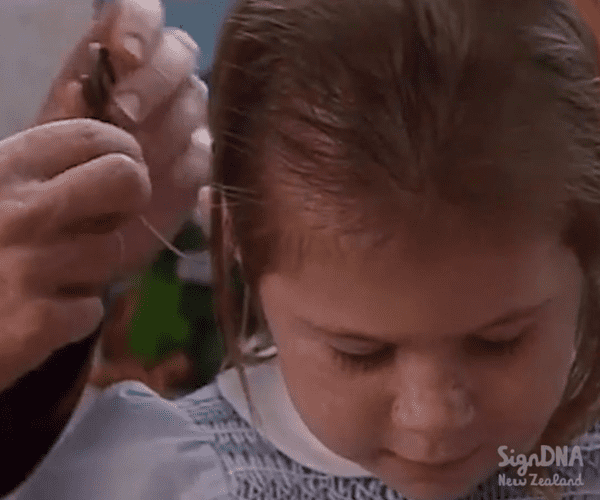
1993
video – Taonga source: Television New Zealand Archive
Sounds or Silence?
In the early 1990s, due to a breakthrough in technology, cochlear implants were starting to become the norm. The Deaf community worldwide viewed cochlear implants as a device that disregarded the need for access to sign language. Others considered such devices a miracle. In 1993, ‘60 Minutes’ investigated this controversial topic in New Zealand.

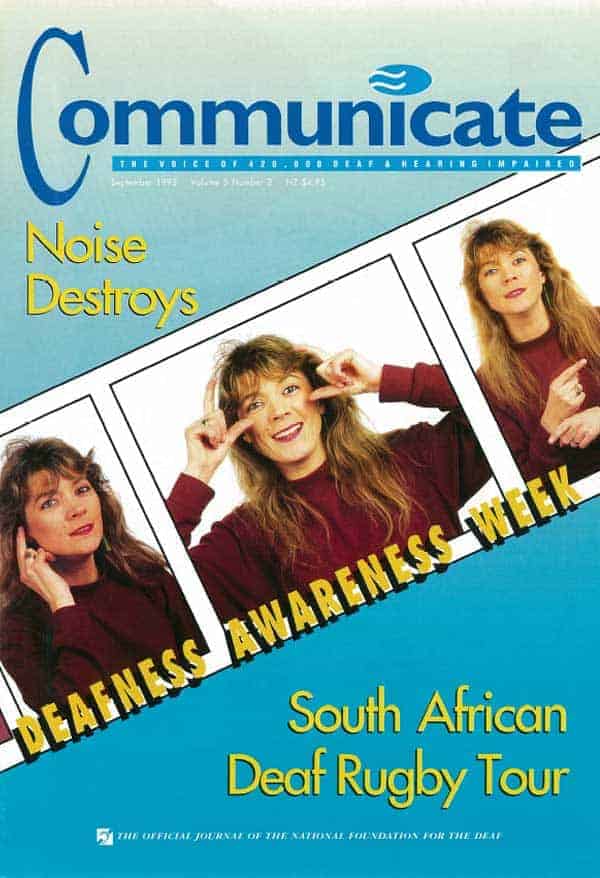
1995
publication – Taonga source: National Foundation for Deaf and Hard of Hearing
NFD Communicate: September 1995


1988
video – Taonga source: Television New Zealand Archive
Deaf young actor on ‘Strangers’
'Strangers' was a TVNZ-produced drama series, including one Deaf character played by 7-year-old Sonia Pivac. This short documentary is a brief look behind the scenes of the filming process.

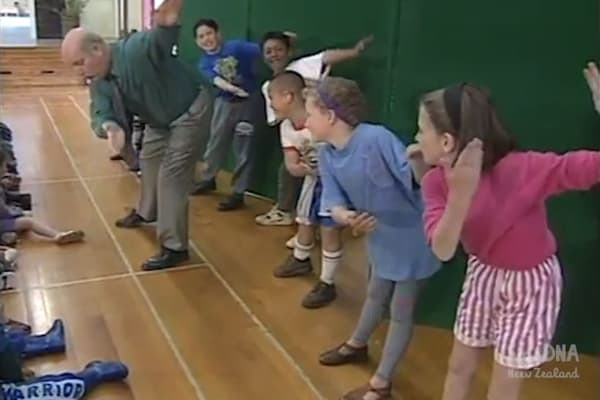
1995
video – Taonga source: Television New Zealand Archive
The inaugural Deaf Festival is hosted at Kelston Deaf Education Centre
Deaf children are taught drama skills by two Deaf visitors from the UK, in preparation for their show at the opening night of the inaugural Deaf Festival, hosted by Kelston Deaf Education Centre.

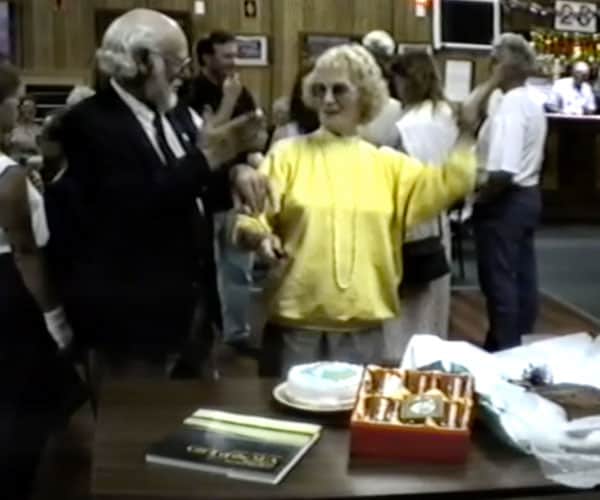
1993
video – Taonga source: Hilda Tamepo
John & Laura Hunt’s farewell party
A farewell party is thrown for John and Laura Hunt at the Auckland Deaf Society, prior to their move to Melbourne. The farewell was attended by over 100 members of the Auckland Deaf community.
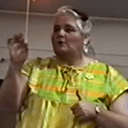
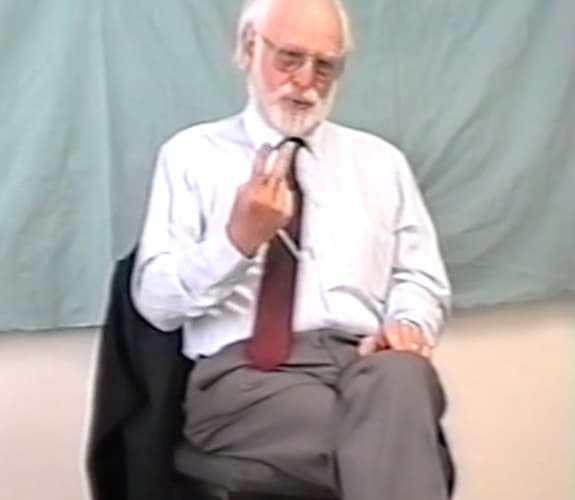
1992
video – Taonga source: AUT Visual Languages Section
Memories of John Hunt
John Hunt, well-known for his involvement in the Deaf community – talks about establishing the NZ Deaf News, his journey towards becoming a life member of NZ Deaf Sports Association, having had a role in its founding; working as the first Deaf Field Officer for NZAD, and compiling ‘The Story of the Auckland Deaf Society Inc 1937-1987.
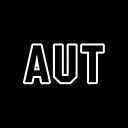
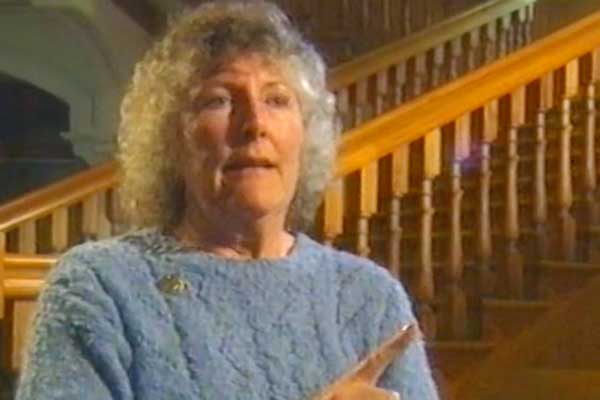
2000
video – Taonga source: Deaf Aotearoa
Inside Out: The Art of Signing
Inside Out produces a programme about New Zealand Sign Language, its value to the Deaf community as well as its artistic forms.
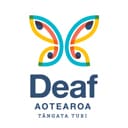
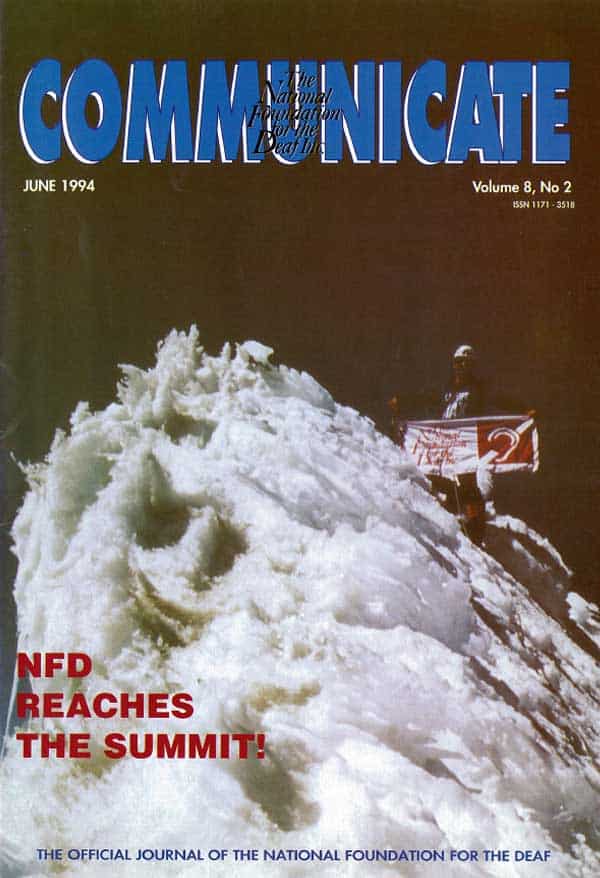
1994
publication – Taonga source: National Foundation for Deaf and Hard of Hearing
NFD Communicate: June 1994


biography
Profile
Lynette Pivac (MBE)
In 1996, Lynette was awarded the Member of British Empire for her services in Deaf education and sign language. She mostly initiated the development of NZSL resources, the training of NZSL tutors and involvement in NZSL teaching issues at national level. She advocated for NZSL and Deaf Studies to be introduced into Deaf education and was the first Deaf Board of Trustees Chairperson.
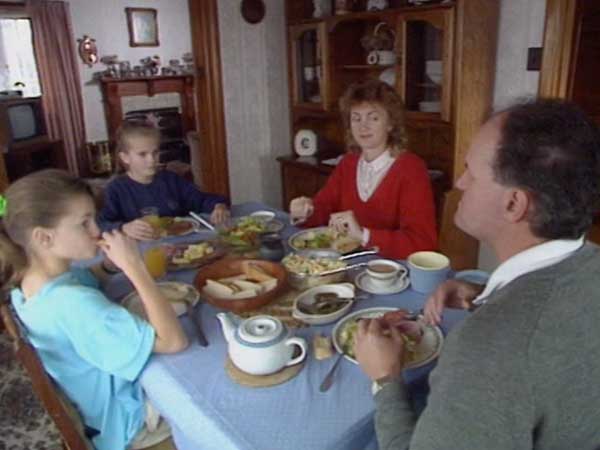
1992
video – Taonga source: Point of View Productions
‘See What I Mean’
'See What I Mean' presents two real-life stories: the story of a family who were all born Deaf, and a journalist who loses her hearing. It offers positive advice about hearing loss as well as celebrating the New Zealand Deaf community.

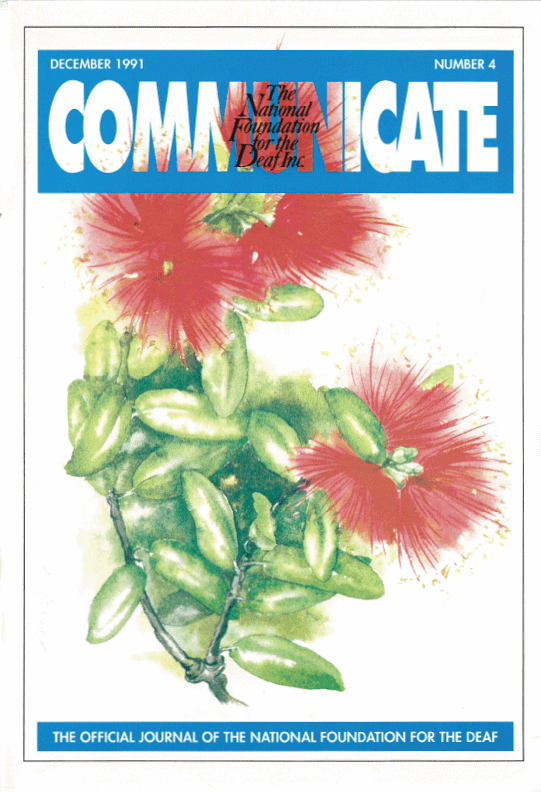
1991
publication – Taonga source: National Foundation for Deaf and Hard of Hearing
NFD Communicate: December 1991

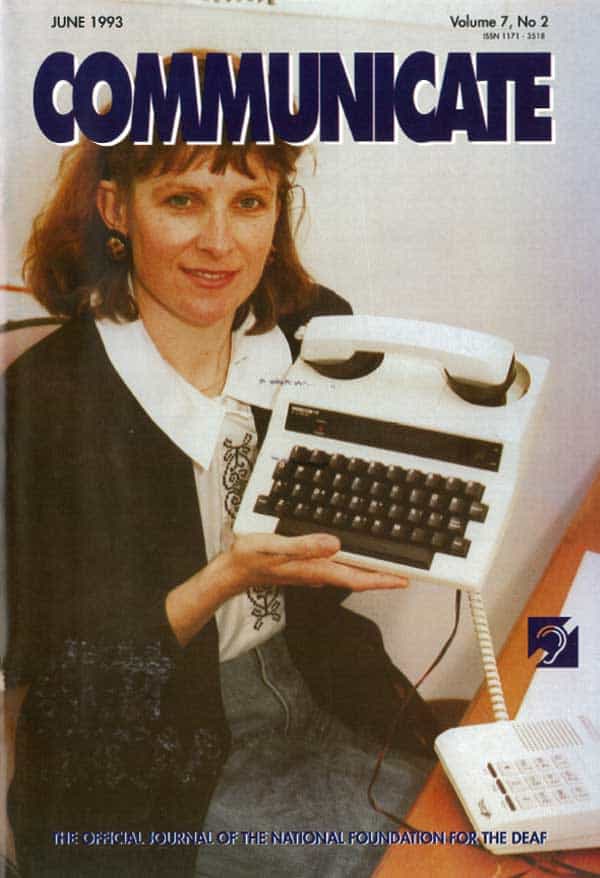
1993
publication – Taonga source: National Foundation for Deaf and Hard of Hearing
NFD Communicate: June 1993

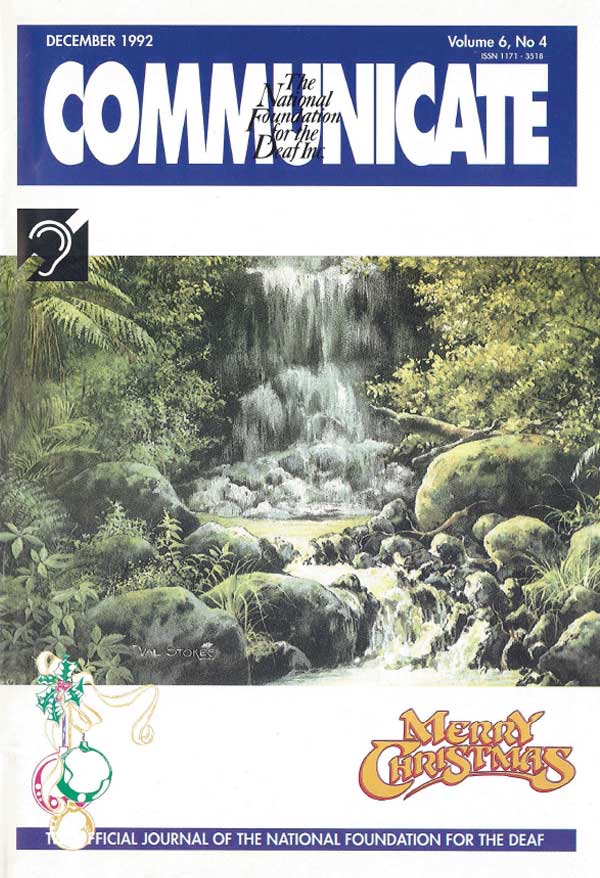
1992
publication – Taonga source: National Foundation for Deaf and Hard of Hearing
NFD Communicate: December 1992

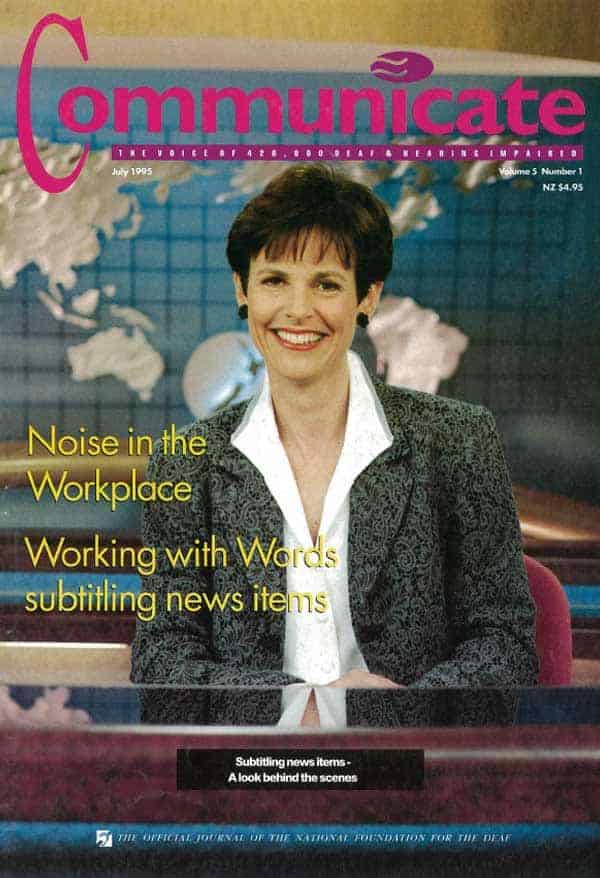
1995
publication – Taonga source: National Foundation for Deaf and Hard of Hearing
NFD Communicate: July 1995

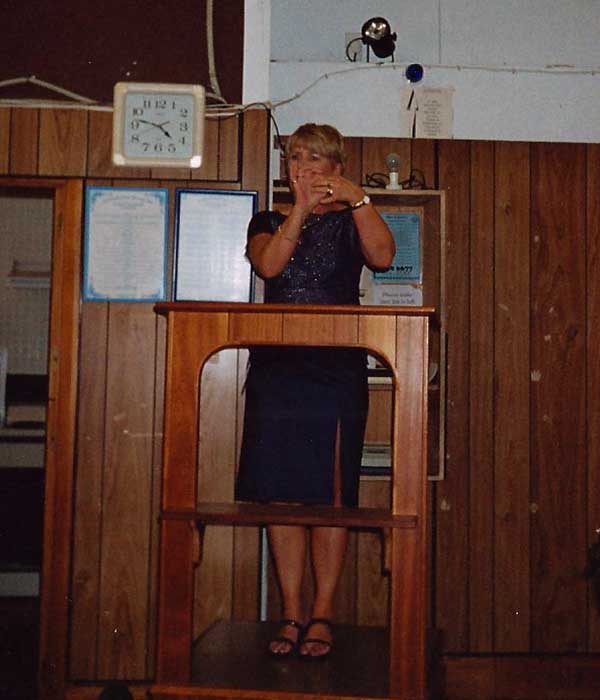
2000
video – Taonga source: Janice and Gary Howard
ADS Netball Club’s 25th Jubilee
The Auckland Deaf Society Netball team celebrates their 25th Jubilee in April, 2000.
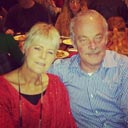

1992
video – Taonga source: Victoria University of Wellington
A journey through the 50 years of Auckland Schools for the Deaf
A NZSL narrated video taking viewers through the history of Auckland Schools for the Deaf, from Newton East, Myers Park, Titirangi, Mt Wellington and finally, Kelston.
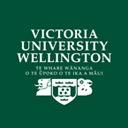
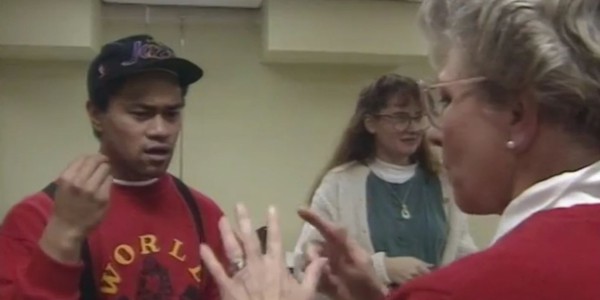
1992
video – Taonga source: Television New Zealand Archive
NZSL interpreting course begins
The first NZSL interpreting course has recently started in Auckland, being led by Drs. David and Rachel McKee. We take a peek at one of their NZSL classes, and Rachel predicts the areas of work graduates will go into.

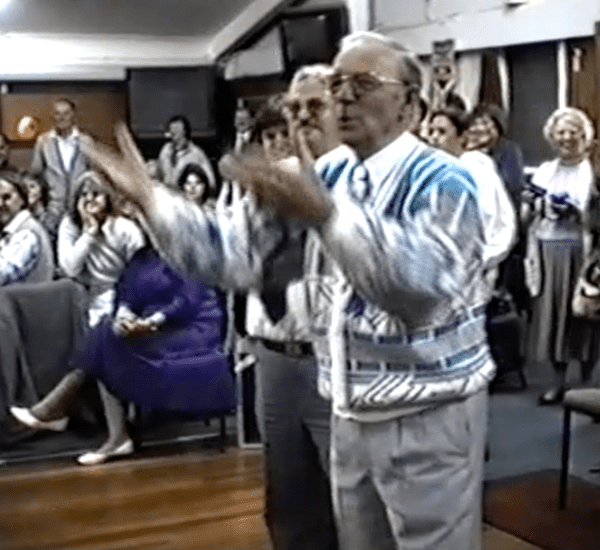
2002
video – Taonga source: Sonia Pivac
In memory of Wallace Williams: A Deaf life!
A montage celebrating Wallace Williams’ life and his contribution to the Auckland Deaf community.
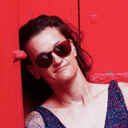

1993
video – Taonga source: Television New Zealand Archive
Spotlight on Pasifika Deaf
Tangata Pasifika visits Kelston Deaf Education Centre and meets with a number of Pasifika Deaf students part of the school’s transition programme, interviewing Rosie Amituanai and her family.

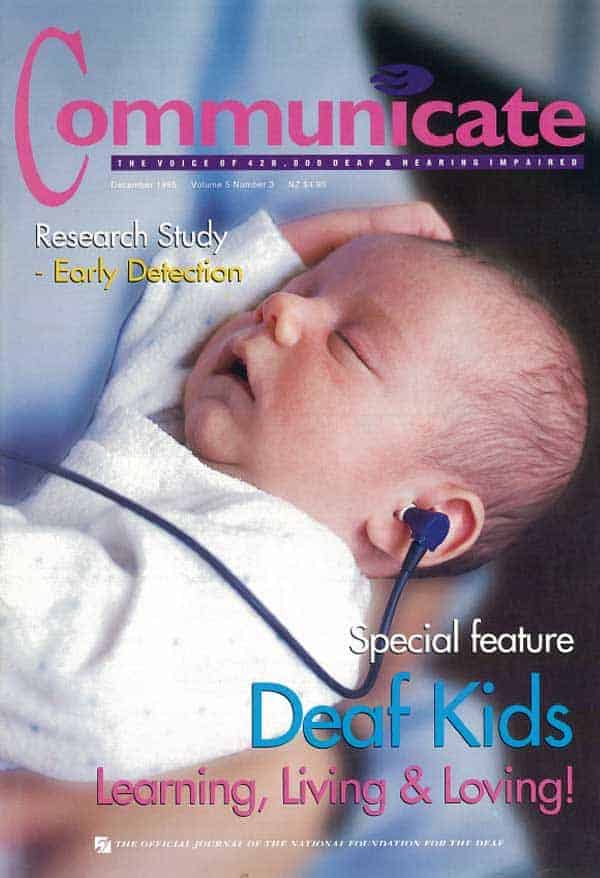
1995
publication – Taonga source: National Foundation for Deaf and Hard of Hearing
NFD Communicate: December 1995

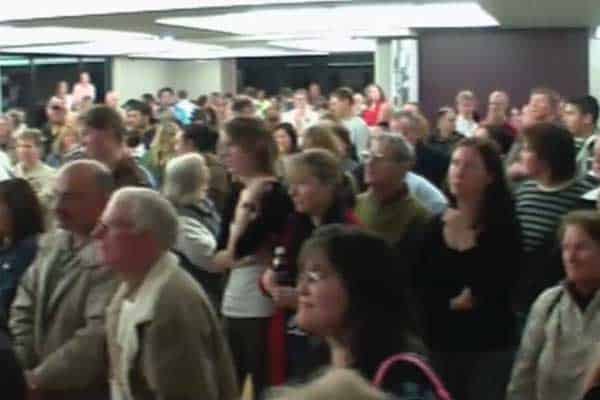
2007
video – Taonga source: Dan Hanks
Auckland Deaf Society re-opens after 11 month rebuild
Footage and interviews from the opening night of the newly redeveloped Auckland Deaf Society clubrooms late August 2007.
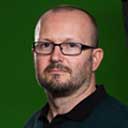
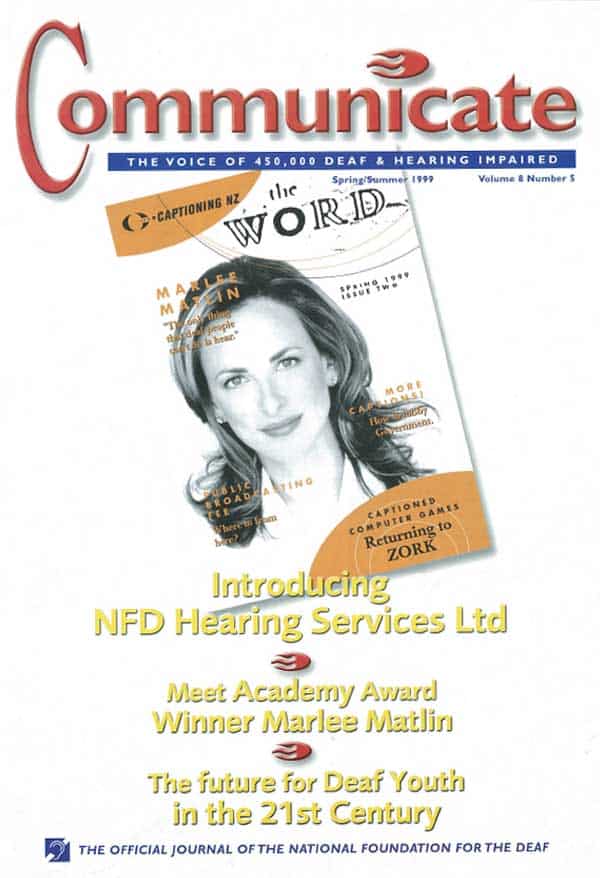
1999
publication – Taonga source: National Foundation for Deaf and Hard of Hearing
NFD Communicate: Spring/Summer 1999

